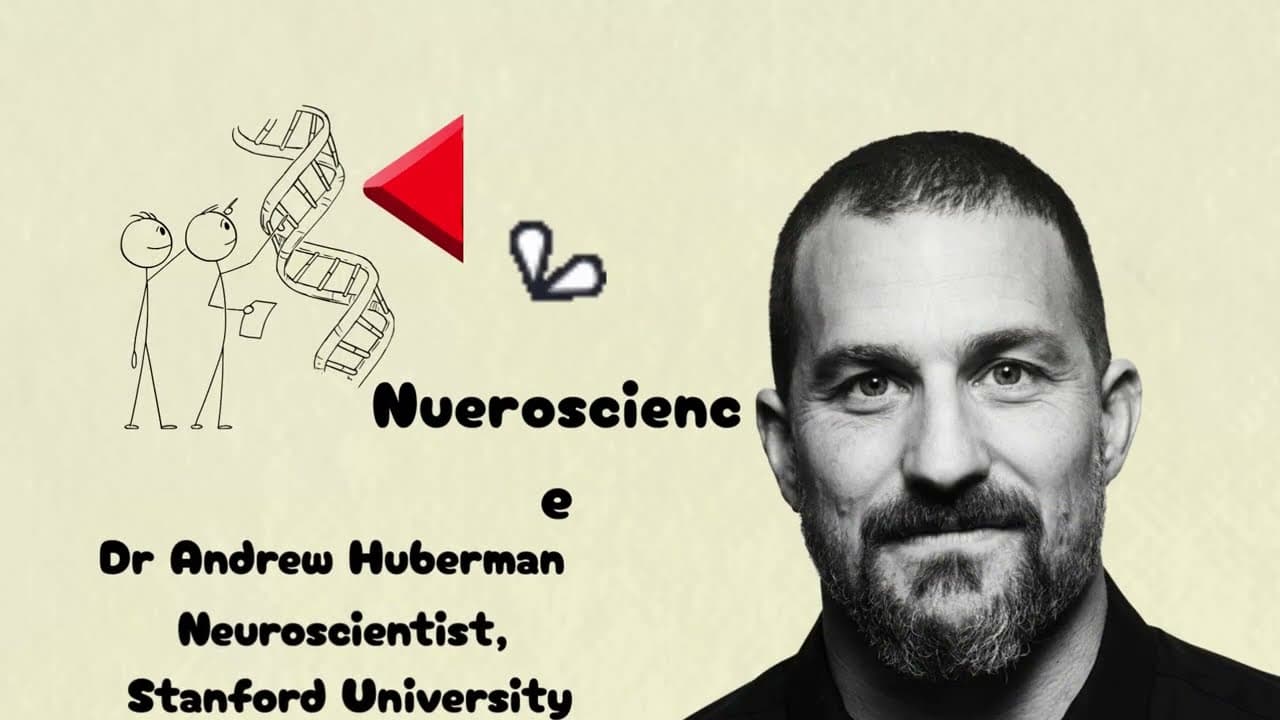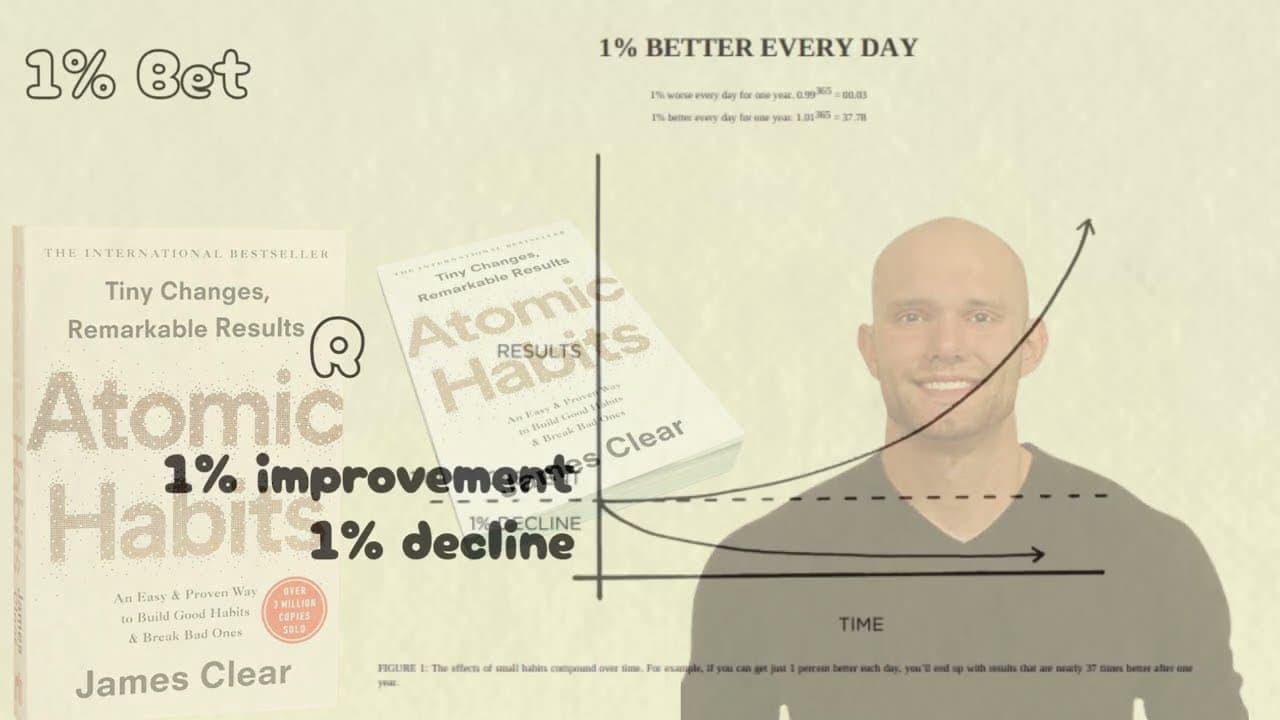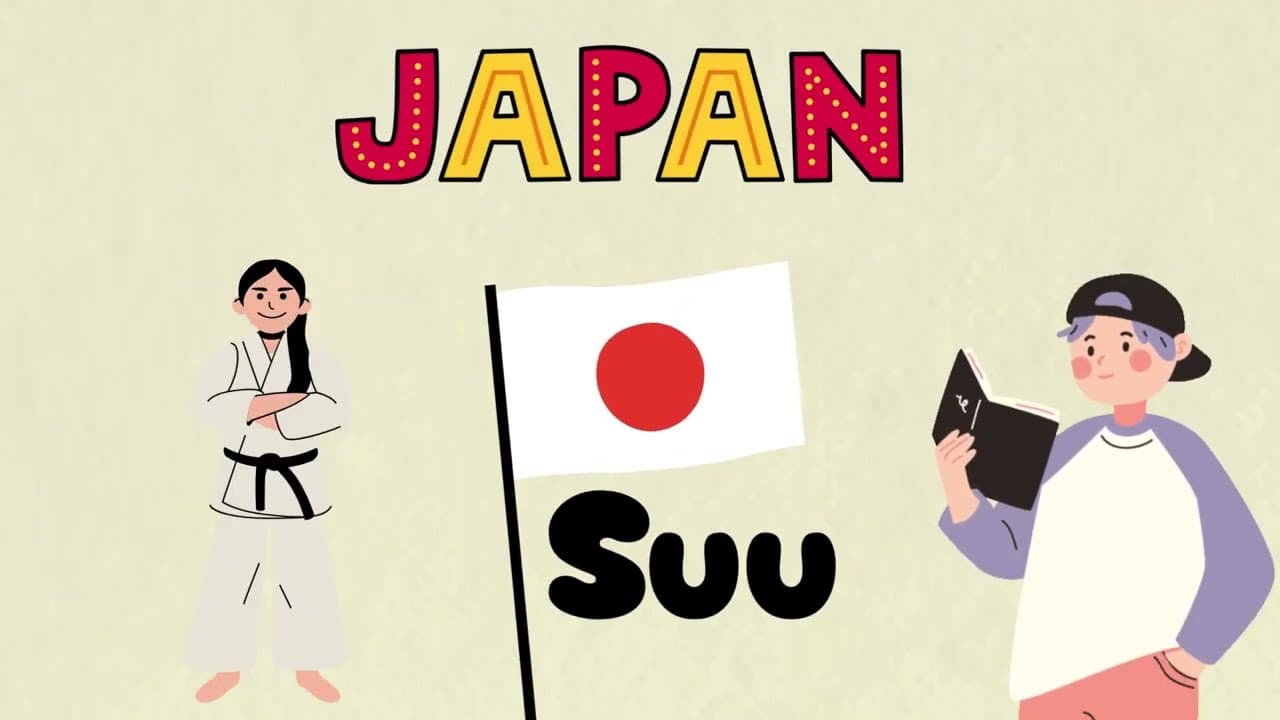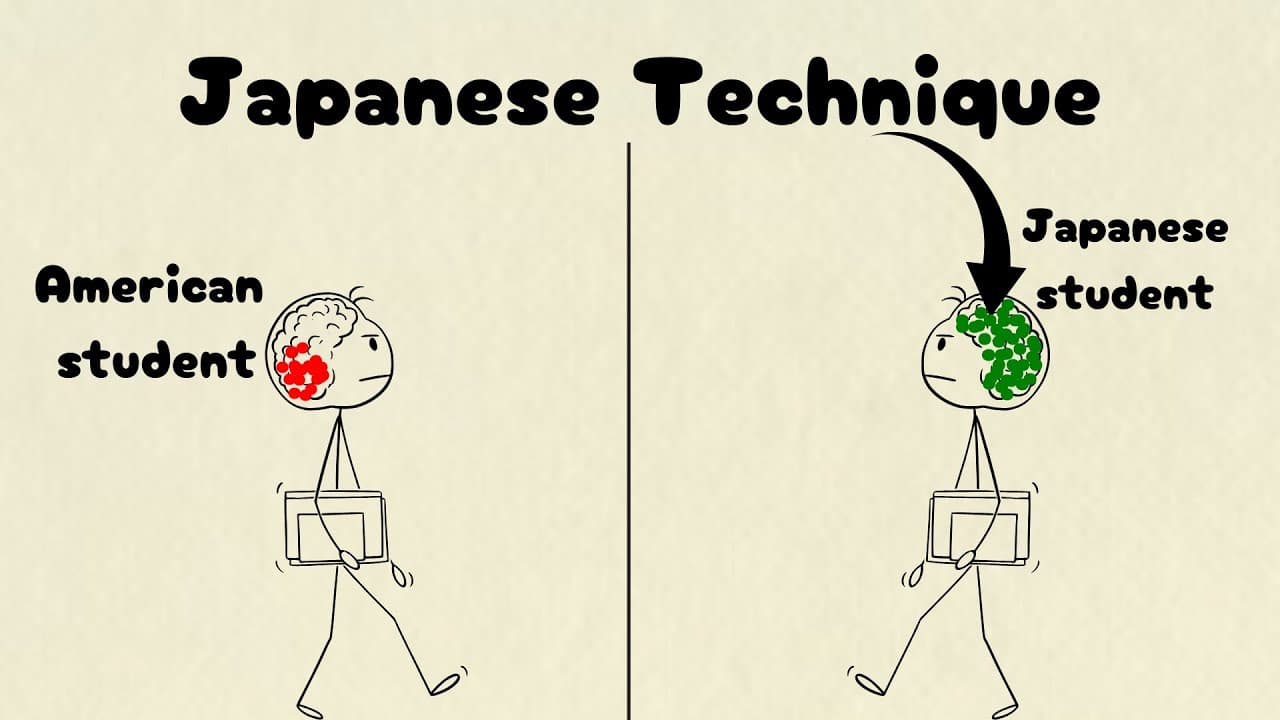Overcoming the Forgetting Curve: My Journey to Smarter Learning
I always thought studying harder would help me remember, but I kept forgetting nearly 70% of what I learned overnight, leaving me frustrated during exams—until I uncovered the secrets Japanese students use to retain knowledge for life.
This discovery changed how I approach learning, turning forgettable sessions into lasting mastery through simple, science-backed hacks.
TL;DR
I realized my brain naturally forgets most of what I study, but Japanese methods offer a way to fight back.
By switching to active recall, I strengthened memory through output, not just passive reading.
The Kuman method showed me how small daily steps build deeper understanding without overwhelming burnout.
Spaced repetition helped refresh knowledge at key intervals, making retention sharper over time.
Adopting Kaizen and focus rituals turned learning into a steady, stress-free path to long-term success.

I spent hours studying, only to find that by the next day, almost 70% of it vanished from my mind. It wasn't due to a lack of effort; my brain is wired to discard unused information, much like how Japanese students memorize over 2,000 kanji characters and keep them for life.
The real issue was my method—rereading notes and highlighting felt productive, but my brain treated it like background noise, similar to scrolling past an Instagram ad. I often stayed up late marking pages, yet blanked out during exams, all because of the forgetting curve, a neuroscience concept where knowledge fades rapidly within 24 hours, leaving just traces by day three.
What if I could hack this cycle? Japanese students have done it for centuries by studying smarter, not harder. I didn't need to sift through hundreds of research papers; I learned five key hacks that transformed my learning without endless hours buried in books.
First, active recall became my go-to technique, like the samurai approach to memory. Instead of just reading or watching, I focused on output—grabbing a blank sheet and writing down what I remembered, which strengthened those mental connections through the struggle of retrieval.

Next, the Kuman method taught me to learn in small, powerful steps, breaking information into bite-sized pieces for daily practice. This gradual reinforcement, echoed in James Clear's Atomic Habits, showed that tiny, consistent improvements compound into remarkable results, fostering deeper understanding and habits without the overwhelm of cramming.
Then, spaced repetition acted like gardening for my brain, where I reviewed material just before forgetting—first after 24 hours, then 72 hours, a week, and a month. This systematic approach kept knowledge fresh and sharper each time, unlike the Western habit of last-minute studying.
Kaizen emphasized 1% daily improvement, turning learning into steady progress rather than stressful marathons. Just six minutes a day—split between active recall, spaced repetition, and focused practice—led to a 30% better retention in a month, promoting mastery without burnout.
Finally, I embraced "sue," the art of focus, by creating rituals like a dedicated study space and removing distractions. These habits signaled to my brain that it was time to learn deeply, making retention easier and turning the process into something efficient and enjoyable.

Reflecting on this, I've seen how these techniques mirror real learning in other areas of life, like practicing a sport where I improved through repetition and adjustment.
By adopting these methods, I'm not just studying; I'm building a foundation for lifelong success that makes learning feel smart and sustainable.
Key Takeaways
Active recall strengthens memory by actively retrieving information instead of passive review.
The Kuman method uses small, daily steps to reinforce concepts gradually and avoid overwhelm.
Spaced repetition reviews material at increasing intervals to combat the forgetting curve effectively.
Kaizen promotes continuous improvement through tiny daily efforts, leading to significant long-term gains.
Focus rituals, like "sue," enhance concentration and make learning a ritualized, distraction-free process.

